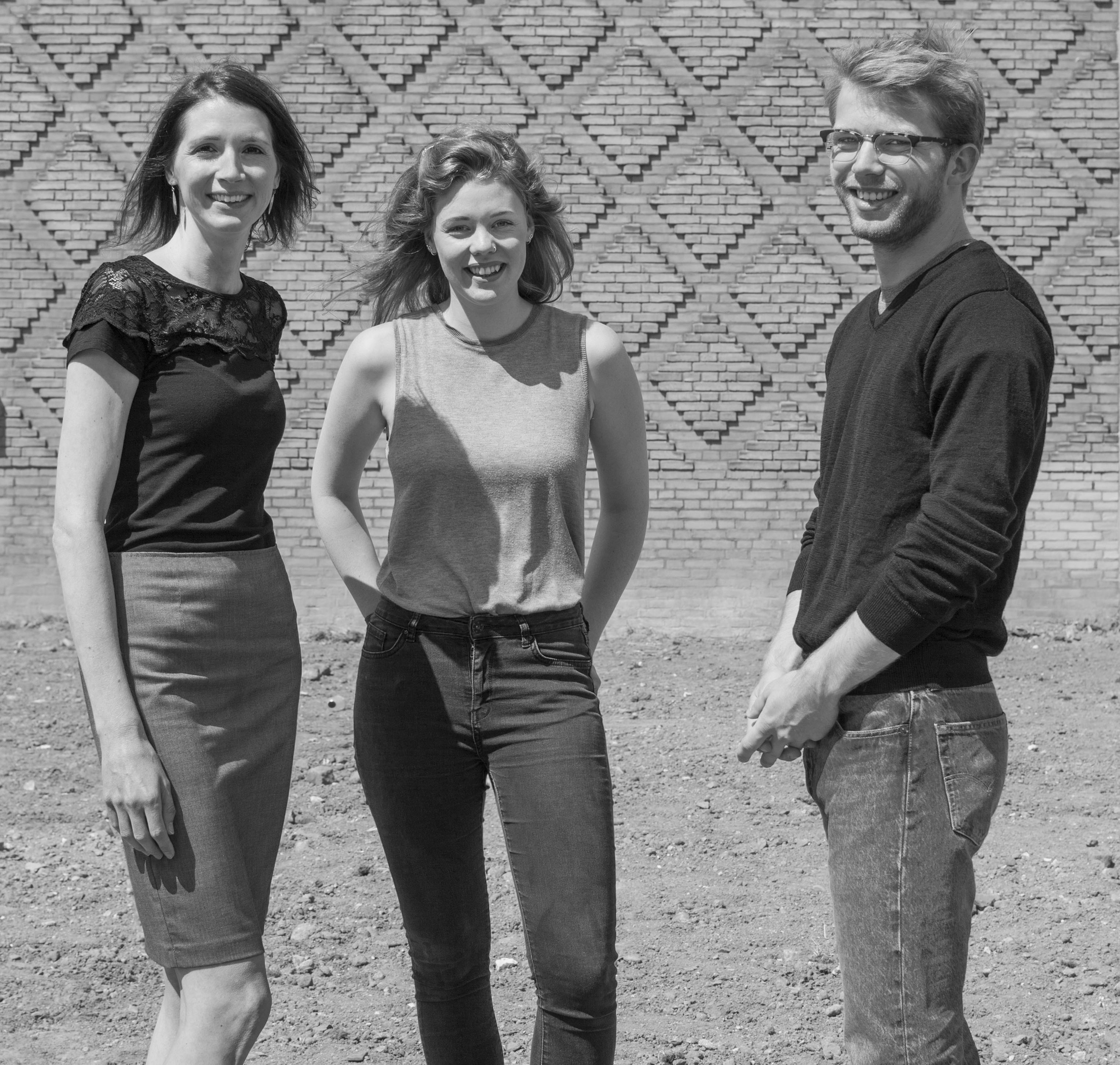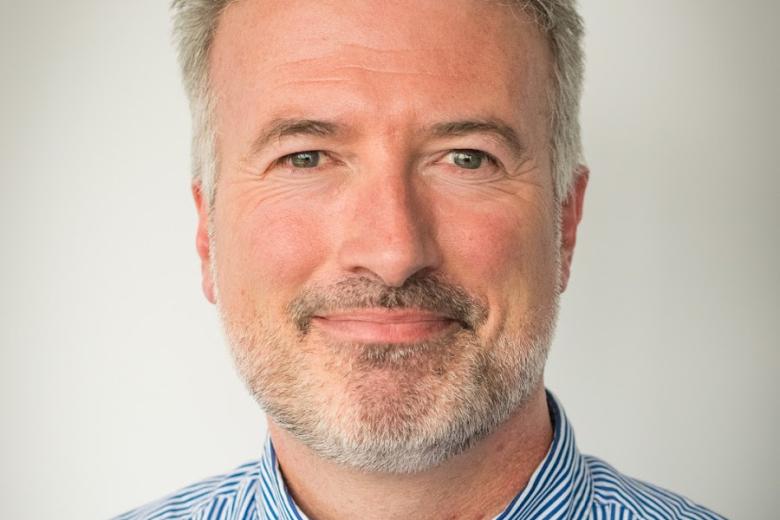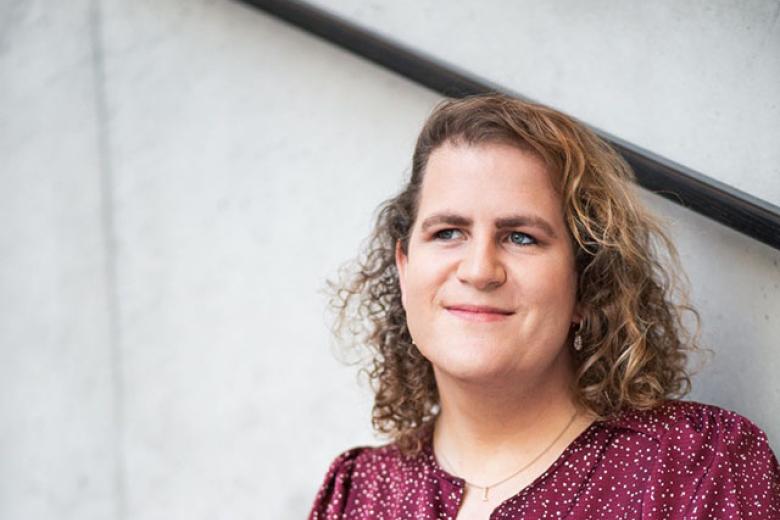However many steps – to each problem its solution
Problem-Based Learning (PBL) is a cornerstone of Maastricht University’s identity. It is iconic, yet a lot less monolithic than one might assume. Wary of resting on its ‘leading in learning’ laurels, UM commissioned research into the practices, problems and potential of its educational philosophy – all with a view to formulating a vision for the future.
video report on the EDview symposium
UM’s 40th anniversary in 2016 was cause for celebration as well as reflection. In a fairly short time, it has grown from a small medical programme to an institution with six faculties and more than 16,000 students. The university’s commitment to PBL has survived expansion and internationalisation. But what is the current state of education at UM, what its future?
To address these questions, EDview was launched: a collaboration between EDLAB (the UM institute for education innovation) and the Department of Educational Development and Research at the FHML. Project managers Janneke Frambach and Stella Wasenitz as well as Sebastian Hühne, junior project manager at EDLAB, surveyed almost 2,000 stakeholders and conducted focus groups and interviews across all faculties.
Better translation into practice
“We look not just at what happens in tutorials, or even just at PBL, but at education in general and how it can be further improved,” explains Frambach. “We want to look at the diversity that has emerged here in the last decade or two to see how we diverge and what we can learn from one another.”
EDview is unlikely to trigger a revolution, however. The results show broad support for the theory behind PBL, and a strong desire to further improve it in practice. “Some respondents wrote thousand-word essays in the comment fields!” Wasenitz clearly shares their enthusiasm: during her bachelor’s programme at UCM, she herself took part in a think tank to improve PBL.
A philosophy, not a rule book
EDview has managed to tease out several points for improvement, including ‘constructive alignment’. “UM made a momentous choice by subscribing to the PBL philosophy,” Wasenitz explains. “That should influence everything, from teaching and learning to assessments.” Most of all, it is vital not to see PBL as dogma but to draw attention to its diversity and its untapped potential.
As well as teaching knowledge and skills, PBL should teach the ability to acquire knowledge and skills. Its core principles are captured in the keywords constructive, collaborative, contextual and self-directed (CCCS). At UM, the ‘seven-step approach’ helps educators live up to these principles: clarify difficult terms in the problem case, formulate a problem statement, brainstorm, structure the outcomes, formulate learning objectives, study independently and, finally, discuss the findings. While a natural way of solving problems, many perceive this model to be too restrictive.
Empowering teachers
“Why do we still cling to the seven steps as though it’s an end in itself rather than a means?” Frambach asks. She highlights a web of interconnected factors: marketing and communication, PBL training and support for students and teachers, educational leadership and HR policies. “We should create an environment with space for creative endeavour, as well as enough guidance to prevent insecurity about what is expected from teachers.” This would include exchanging knowledge, providing best practice examples and communicating clearly that teachers are free to interpret the methodology to suit the intended learning outcomes.
“How can students best learn specific competencies?” Frambach thinks that teachers, in co-creation with their students, are in the best position to come up with and refine bespoke answers. “The seven-step approach obviously fits the patient case in medicine, but it doesn’t make sense to try to fit each and every problem into the same structure. In the humanities, you might want to critically discuss a book without collectively formulating learning goals for the next session. There are different ways of translating the principles according to different needs. ”
A boost for UM and EDLAB
Maastricht University (UM) has long made internationalisation and PBL the focal points of its policy. The Executive Board is therefore delighted that UM was commended on those two issues in a recently published report by the Organization for Economic Cooperation and Development (OECD).
According to this report on innovation and entrepreneurship in Dutch Higher Education, UM, the founder of PBL in the Netherlands, is still at the forefront innovation in education because of EDLAB:
“Assessing the impact of education activities is usually conducted by individual departments/units and for individual activities. A good example of an institution-wide approach to enhance innovation in education is the establishment of the Institute of Education Innovation (EDLAB) at Maastricht University in 2015. EDLAB converges existing and new ideas on higher education and initiates projects and events that improve the quality of education in the whole university. This requires engagement at all levels: teachers, researchers, managers, and support staff, as well as students." (p 76).
In addition to EDLAB, the International Classroom as developed in Maastricht is also explicitly mentioned as an example of good practice.

A desire to improve
From the Maastricht Science Programme’s Research-Based Learning to the law faculty’s moot courts, where students play the role of prosecutors and defence counsel, a range of creative approaches are already being used. “Our recommendations are largely based on things that are already happening throughout UM. We just tried to come up with concrete Do’s and Don’ts based on our research. More importantly, we ask: under what conditions can this broader approach to PBL flourish? We can still do more to cultivate a vibrant educational culture.”
As with so many other things, the successful implementation of EDview’s recommendations is contingent on the allocation of resources. Frambach and Wasenitz have presented their findings to various stakeholders, including the Executive Board and faculty deans – and were very encouraged by the reception. “We expected much more resistance, because the report mostly focused on points for improvement,” Wasenitz recalls. “But everyone was nodding and really keen to find solutions.”
Janneke Frambach is assistant professor at the School of Health Professions Education (SHE) and the Department of Educational Development and Research. She holds a PhD in Educational Sciences from UM. Her research focuses on cultural diversity and globalisation in medical education.
Stella Wasenitz graduated from UCM in 2016 and worked as a project manager at EDLAB until August 2018. She will begin a graduate programme at the Teachers College of Columbia University later this year, supported by a Fulbright scholarship.
Sebastian Hühne is a junior project manager at EDLAB. After graduating from UCM in July 2018, he took over Wasenitz’s position in the EDview project.
Also read
-
Empowering Smallholder Farmers in the Data Economy: Unlocking Opportunities and Overcoming Obstacles
Frederik Claasen, the head of policy at our partner organisation Solidaridad Network on the opportunities and obstacles facing smallholder farmers in their data ecosystems.

-
Soft landing in Vienna
After several rocky years, Maastricht University alum Lea Vink has found her feet in Vienna. Professionally, she is taking new steps at the crossroads of aviation and organisational psychology. And on a personal level, luck has smiled on her since her transition from man to woman.

-
Machines that can improvise
Computers are already capable of making independent decisions in familiar situations. But can they also apply knowledge to new facts? Mark Winands, the new professor of Machine Reasoning at the Department of Advanced Computing Sciences, develops computer programs that behave as rational agents.
